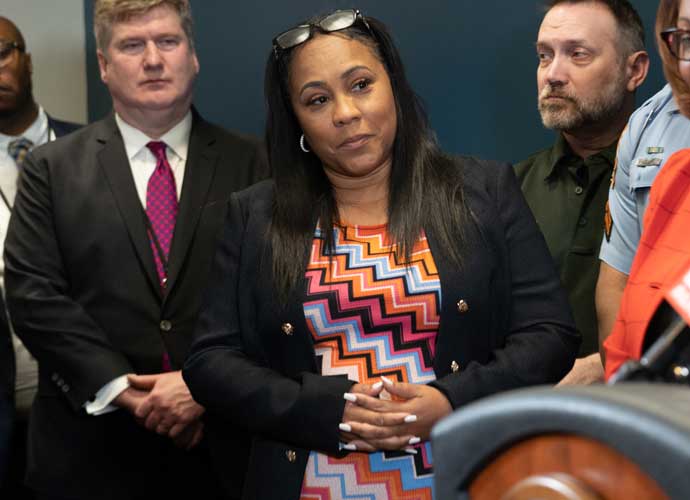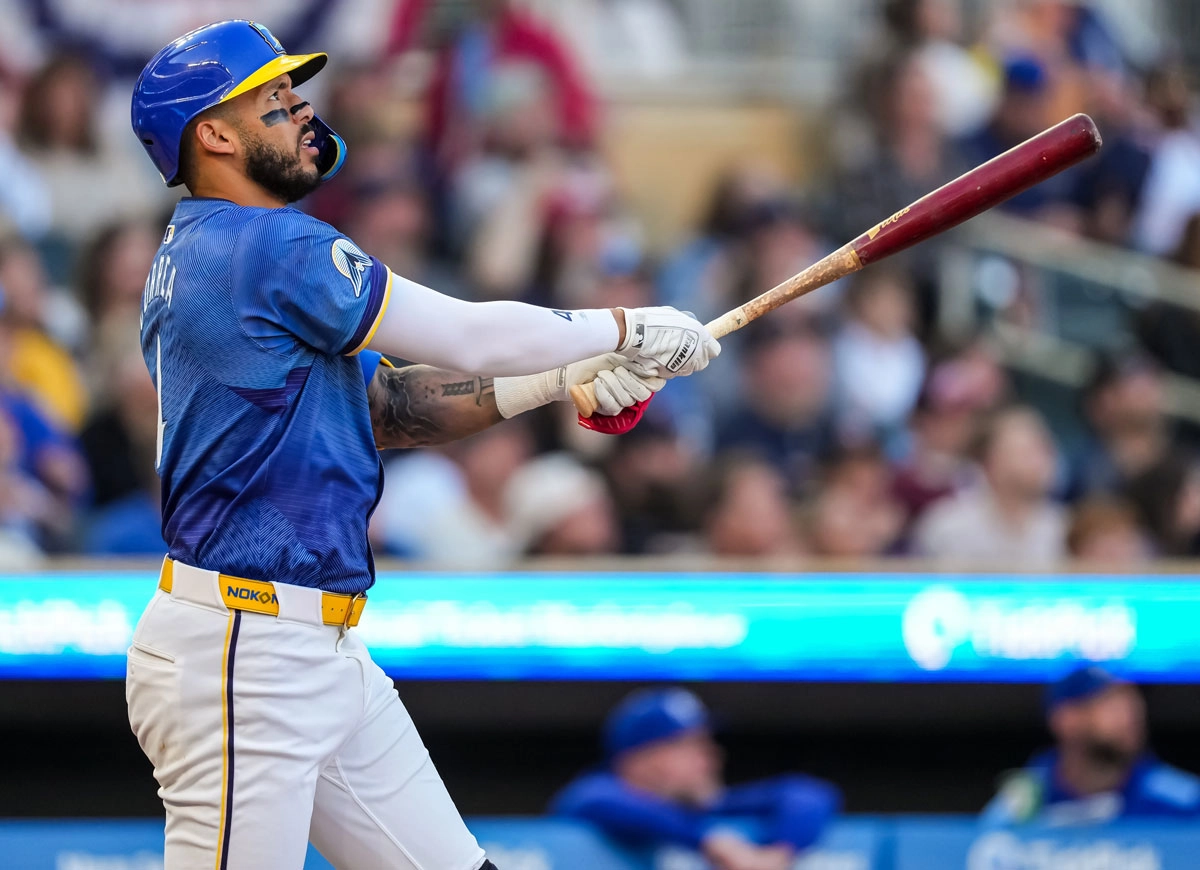Grand Jury Selected In Georgia To Investigate Trump’s Efforts To Overturn 2020 Election
On Tuesday, the Georgia grand jury that will consider charges against Donald Trump for attempting to overturn the 2020 presidential election was sworn in.
After Trump lost in Georgia, he launched a campaign that targeted state officials who oversaw the election. He called upon Gov. Brian Kemp and Secretary of State Brad Raffensperger — both Republicans — to “find” enough votes to overturn the results, a request that Kemp and Raffensperger refused.
Trump then asked state lawmakers to hold a special session to reverse President Joe Biden’s victory. He and his allies filed lawsuits and tried convincing the Department of Justice that the 2020 election was “corrupt.”
Over 80 cases brought by Republicans over alleged voter fraud were rejected by courts.
Subscribe to our free weekly newsletter!
A week of political news in your in-box.
We find the news you need to know, so you don't have to.
Trump also recruited GOP activists in Georgia to serve as fake electors. Some of these activists even tried to pressure an election worker to falsely testify that election fraud had taken place in their county.
Democratic Fulton County District Attorney Fani Willis launched the investigation into the election in 2021. A special grand jury heard testimony from 75 witnesses, including some former Trump advisers and attorneys. The panel issued a report with charging recommendations, which will be reviewed by the new grand jury. Willis has stated that a decision could come as early as next month.
Willis was investigating “attempts to influence the administration of the 2020 Georgia General Election,” and is now examining solicitation of election fraud, false statements to government bodies, and involvement in election threats, among other allegations.
Ninety-six people showed up at the Atlanta courthouse on Tuesday, resulting in a three-hour selection process. Two panels were selected, each panel consisting of 26 participants: 23 grand jurors and three alternates. One panel will specifically examine Trump’s role in election fraud claims.
Each juror was screened for conflicts of interest and scheduling concerns. Everyone who showed up on Tuesday was paid $25, and those who were chosen for one of the two juries will be paid $25 for each subsequent day of service.
To indict Trump, 16 of the 23 grand jury members would need to be present, and 12 of those members would need to vote in favor of charging the former president.
Get the most-revealing celebrity conversations with the uInterview podcast!







Leave a comment